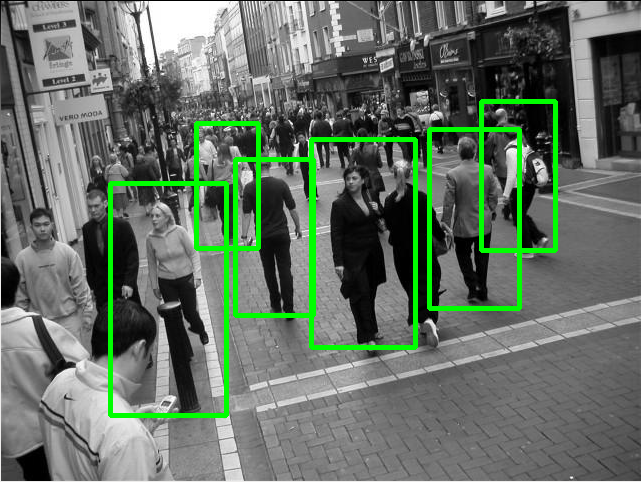
Artificial intelligence has found applications both in software and hardware across industries. Now AI applications are being built by developers and teams who work on creating a complex application for a particular purpose. In terms of development, the software, which runs on coded rules, is traditional. But with machine learning, software engineers can now train machines to learn on their own.
In terms of building such complex AI systems, expert directions have to be given to engineers about which modules of the product are to be created using ML and AI, and which modules are traditionally algorithmically driven components.
The mindset for a project manager who is managing data science products is different from a project manager who manages traditional software or operations. Hence, there is a need for project managers to evolve to manage AI and data science projects.
The major aspects of project management are:
- Provide a framework for the project’s tasks and actions
- Identify and get the needed resources for the project
- Communicate and negotiate with management and authorities
- Recruit effective participants and distribute tasks efficiently
- Set milestones and coordinate activities
- Keep the vision clear for everyone
- Getting the best out of all team-mates
- Mediate conflicts actively
- Ensure project goals are delivered on time and on budget
In each of these tasks, a project manager or a product manager working on a data science product and application uses the tools and flows. Project management is all about breaking a larger problem into smaller chunks and then distributing the tasks effectively.
Parallels In Project Management And Data Science
There are some steps in a conventional data science project which can be broken down in the following way where one can find some semblance to the processes followed by a project manager. These steps can be noted by project managers to fit their chosen methodologies:
- Project charter
- Data collection
- Data processing
- Data exploration
- Modelling and analysing
- Proactive insights
There are some approaches developed specifically by project managers when it comes to handling data science and AI projects. They are:
- Linear Strategy: A linear strategy is where a project is made up of sequential phases without any feedback loops. This strategy consists of well-defined goal solution and requirements, and almost no changes.
- Incremental Strategy: This strategy is somewhat close to the linear strategy but the major difference is that each phase of the project gives out a partial solution to the problem.
- Adaptive Strategy: This approach is somewhat similar to an iterative strategy where there are feedbacks before reaching a solution. The customer gets delivered a partial solution and some decisions are taken just in time.
- Extreme Strategy: This approach is closer to an adaptive strategy. Each feedback brings us closer to a solution and the problem is discovered more clearly. The goals are not known in advance.
Traditional And Technical Project Management
There are a lot of methodologies in traditional project management which can be transitioned in data science. The focus today is mostly on agile/hybrid forms of project management in technology companies. Talking to Analytics India Magazine, Abhishray Anant who runs his own project management firm Méticuleux said, “The valuable core values are seemingly getting lost in the evolution process. The traditional framework gave much-required focus on the concepts of managing changes, tackling risks, ensuring defined roles and responsibilities, continuous assessment of the business case.” He believes that newer forms of project management that govern high-end technical projects have transgressed.
Lending his views on data science project management, Anant says, “Given the nature and extent of research required in data science projects, more often than not, a hybrid model seems to fit the bill, keeping the soul of the practices intact. In fact, in my opinion, in data science projects, it is most imperative to not get caught in the lucrative yet transactional nature of the ‘hybrid’ PM practices.”

















































































